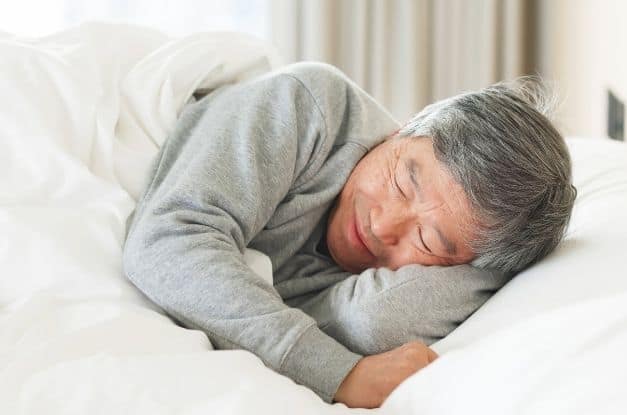Studies show that the more comfortable your environment, the better quality of sleep you will have. Even so, many do not seem to ensure that their bedroom is as conducive to sleep as possible. This is from either a general lack of knowledge in sleep environments or a complete disregard for function—instead, preferring form. To help fill this gap and get you on the track to sleeping better, here is how to create the ideal surroundings for sleep.
Temperature
Studies have proven that a room temperature of 65 degrees is the optimal environmental temperature for sleep. Even though this might sound a bit cold, a cooler temperature helps you maintain a lower core temperature, allowing you to sleep better. This is not to say that this temperature is the optimal one for everyone: it is the average. To know what temperature is best for you, you will have to do some experimenting. Make note that mattresses are often a major factor in body temperature. Because of this, investing in a great quality mattress will not only make you more comfortable but will help you regulate your temperature.
Noise
It is evident to anyone who has slept in a hotel room by the freeway that noise is a major factor in getting better sleep. In general, having constant loud noise disturbances will cause sleep fragmentation, negatively impacting physical and mental well-being. Recent research suggests that even low levels of intrusive noise can cause you to sleep worse. This is not to say that all noise is horrible for sleep. Many find success in having a white noise machine or a fan, as this can drown out unwanted noise from planes or traffic.
Light
Light and darkness heavily influence your circadian rhythms, which dictate your sleep cycles. In a short explanation, when your brain perceives light, it produces the chemical cortisol to make you alert. When that light begins to fade, your brain transfers to melatonin, a chemical responsible for sleep and relaxation. Recent studies have shown that even artificial light can delay circadian rhythms and make it harder to stay asleep and have a better quality of sleep. To combat this, keeping the light levels in your bedroom as low as possible can help you sleep a lot easier. Consider investing in blackout curtains for the best effect.
Sleep is one of the essential activities we do every day—so why not do it right? Creating the ideal surroundings for sleep is easy when you know what you are looking to accomplish. We guarantee if you take on this effort, you will thank yourself every morning for years to come!






